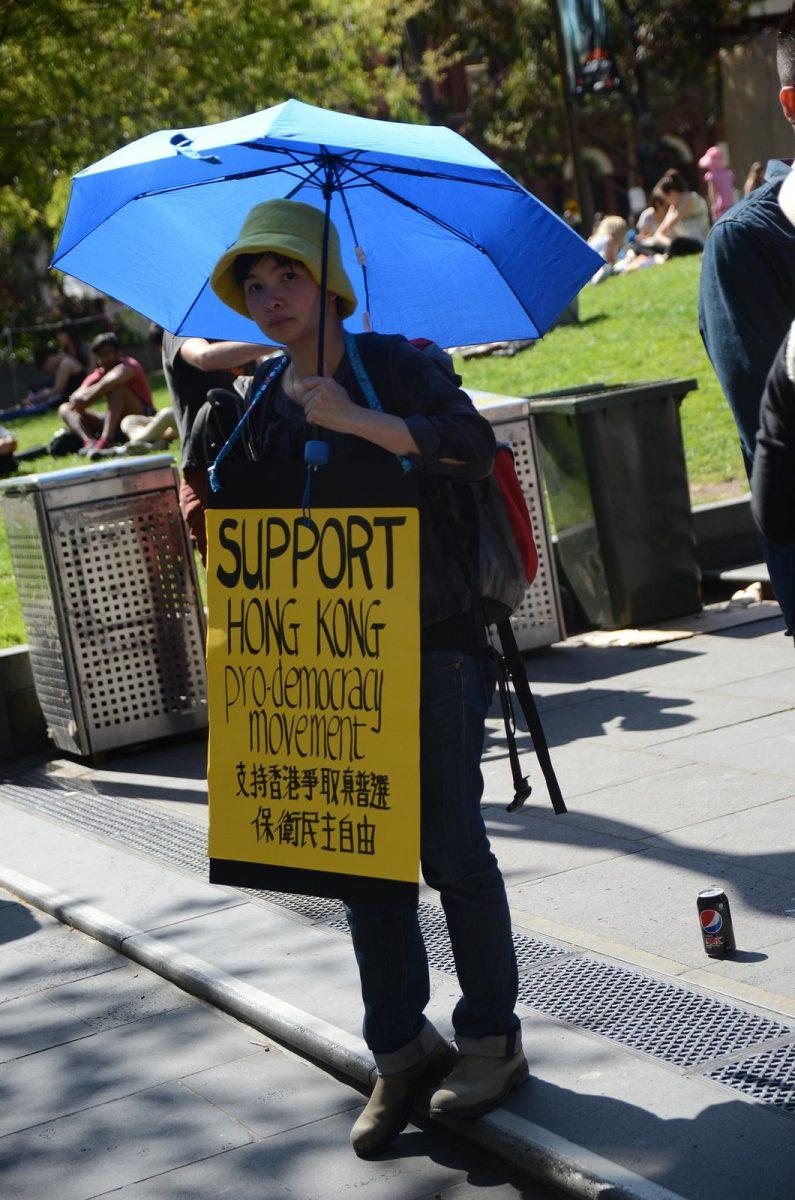HOW COLLEGE STUDENTS ARE FIGHTING TO CHANGE THE WORLD—
Student activism may have changed since the 1960s, but locally and globally, students still protest for the causes that they believe in.
On Nov. 14, protestors in Mexico City carried pictures of the 43 missing college students from Ayotzinapa Normal School in Guerrero, who are presumed to have been killed by drug cartels.
Most of the protestors consisted of grieving parents, college faculty and students from various universities. Claims of government corruption, specifically of politician involvement in the disappearances, have led to violent clashes between protestors and riot police. Protestors, mostly members of the Guerrero’s Teachers Union, set fire to the legislative chamber in the Guerrero state congress building.
Allegedly, student protestors held Juan Jose Gatica, the deputy public security chief, hostage for two hours until they exchanged him for two detained teachers. According to journalist Melissa del Pozo of VICE, protestors claim that they will burn down 43 more buildings in honor of the missing students until they receive a satisfactory government response. Across the globe, students in Hong Kong protest for democracy against the Chinese govern ment.
According to a BBC News timeline, Britain has controlled Hong Kong since 1842 and up until 1997. The exchange was negotiated under the conditions that Hong Kong would, for 50 years after the change, maintain its capitalist economy and its partial democracy, even as it became a part of communist China. Since, Beijing officials have denied Hong Kong citizens the ability to directly elect their own officials, sparking protests and the occupation of Hong Kong’s city center.
According to Rishi Iyengar of TIME, pro-democracy advocates in the Hong Kong Federation of Students were denied flights to Beijing on Nov. 15 to express their beliefs to Chinese Premier Li Keqiang.
Protestors were hoping to change the Chinese Communist Party’s decision to pool candidates for Hong Kong’s chief executive from pro-Beijing nominations. Protestors believe that such an election is not true democracy because of the ties that the chief executive would have to the communist Beijing and because of their inability to elect their own gov ernment officials outside of Beijing’s influence.
While the protestors in Mexico City and Hong Kong actively march and occupy spaces, other young activists act as behind-the-scenes support for causes in America. In an instance of in ternet activism, Mariam Barghouti of the West
Bank tweeted protestors in Ferguson, Miss.:
“Always make sure to run against the wind/to keep calm when you’re teargassed, the pain will pass, don’t rub your eyes! #Ferguson Solidarity.”
Barghouti’s tweets were among many that surfaced from in and around the Gaza Strip.
From global issues to college campuses, University of Columbia student Emma Sulkowicz carries her mattress to and from class every day as a performance art piece in endurance for her senior thesis. According to Alexandra Svokos of The Huffington Post, Sulkowicz says that she will carry her mattress as long as her rapist remains on campus, another student who has not been reprimanded by the college despite several allegations against him.
Her performance accrued support from other students in the form of rallies and joint mattress-carrying. Nationwide demonstrations occurred as college students brought out their own mattresses, often bearing messages such as “Carry that Weight” and “Solidarity for Survivors.”






























